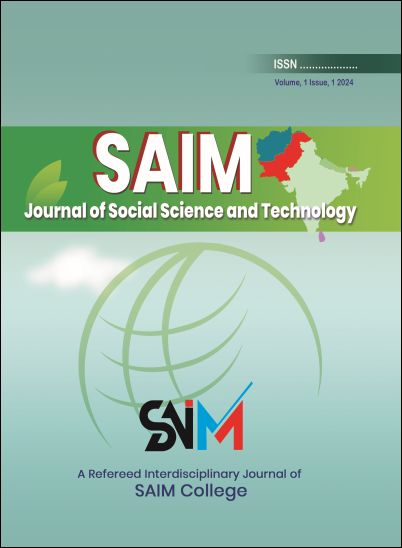Flexible Working Arrangements and Employee Turnover Intention: Mediating Role of Employee Engagement
Keywords:
employee engagement, flexible work arrangements, social exchange theory, turnover intention, work-life balanceAbstract
Background: Flexible working environment is an essential element of work-life balance. Employees consider it as a driving factor for better performance. Organizations are adopting flexible workplace environments to attract, involve, and retain talent.
Purpose: This study examines the mediating role of employee engagement (EE) on the relationship between flexible work arrangements (FWAs) and turnover intention (TI) among employees of service-oriented organizations.
Design/Methodology/Approach: A cross-sectional survey research design was carried out to collect data from 242 respondents using a convenience sampling technique. Ordinary Least Squares (OLS) regression with a mediated hypothesis was performed to test the proposed relationship.
Findings: The result reveals that significant relationship between FWAs, EE, and TI. FWAs (job and family) have a significant positive relationship with EE. FWAs and EE have negative relationship with TI. Moreover, EE fully mediated the relationship between FWAs-Job and TI. However, EE has competitive (partial) mediation between FWAs- Family and TI.
Originality/Value: It addresses the necessity of FWAs for both employees and employers in Nepali organizations. It was among the earliest works to examine the mediation of EE between FWAs and TI in the Nepali context.
Downloads
Downloads
Published
How to Cite
Issue
Section
License
Copyright (c) 2024 The Author(s)

This work is licensed under a Creative Commons Attribution-NonCommercial 4.0 International License.
This license enables reusers to distribute, remix, adapt, and build upon the material in any medium or format for noncommercial purposes only, and only so long as attribution is given to the creator.




